Home > Politics > As Defection Sweep Across Parties, Niger...
As Defection Sweep Across Parties, Nigeria's Democracy Faces a Critical Test
By Admin | 16 Oct, 2025 06:58:33am | 91
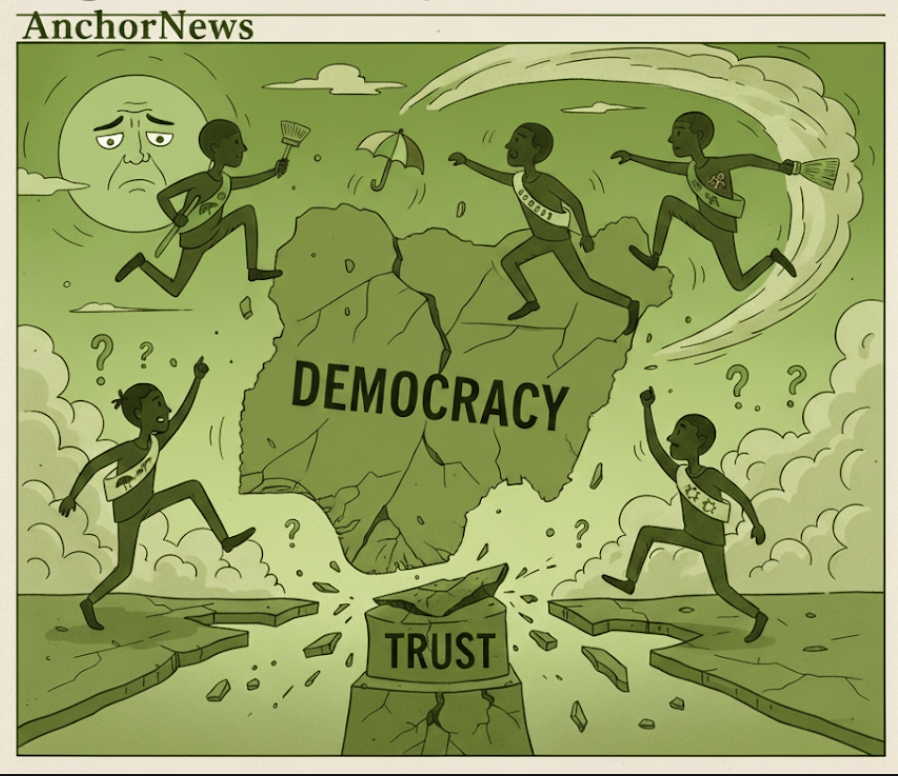
| By Dr. Buchi Nnaji
Nigeria’s political landscape is once again in motion, with a fresh wave of defections reshaping the balance of power ahead of the 2027 general elections. The ruling All Progressives Congress (APC), under President Bola Ahmed Tinubu, appears to be consolidating its grip across the country as governors, lawmakers, and influential figures from the opposition, particularly the Peoples Democratic Party (PDP) continue to switch allegiance.
In recent weeks, the defections of Enugu State Governor Peter Mbah and Bayelsa State Governor Douye Diri have dominated political discussions nationwide. Both men, key players in the PDP, exited the party alongside their state executive councils and lawmakers, deepening concerns about the state of the opposition. Reports suggest that more governors, including those from Rivers, Abia, Plateau, and Taraba, are weighing similar moves.
While the APC celebrates these developments as evidence of its growing influence and President Tinubu’s political reach, critics argue that the trend could erode Nigeria’s multiparty democracy. The PDP, once the dominant political force, now faces its weakest moment since its founding in 1998. Out of the 36 states, the party governs barely a handful, while the APC maintains firm control in both the North and South.
From a governance perspective, the ongoing realignment carries both opportunities and risks. On one hand, it reflects a pragmatic approach to politics where alliances are fluid and political actors seek relevance and stability. The defectors often justify their decisions as strategic moves to ensure cooperation with the federal government, attract development, and secure political survival. In this sense, the consolidating power under the APC could bring short-term political stability and policy alignment across federal and state levels.
However, the potential downsides are more concerning. A dominant ruling party without a viable opposition weakens democratic accountability. The absence of competitive checks could foster complacency, patronage, and authoritarian tendencies. Opposition voices, already strained by internal divisions and defections, may lose the ability to effectively scrutinize government actions or offer credible alternatives. This poses a serious threat to democratic pluralism, which is a key pillar of Nigeria’s political system since the return to civilian rule in 1999.
The situation also highlights a deeper systemic problem: the lack of ideological distinction among Nigeria’s major parties. Defections rarely occur because of policy disagreements; they are more often driven by personal ambition, political survival, or access to power. This fluidity blurs the line between government and opposition, leaving citizens disillusioned and disengaged. As one analyst observed, Nigeria’s democracy risks becoming “a game of political chairs,” where the only constant is self-interest.
For the PDP, this moment demands introspection and reform. The party’s struggles stem not just from the loss of members but from years of unresolved internal crises, leadership disputes, and failure to reinvent itself after losing power in 2015. While a few stalwarts such as former Vice President Atiku Abubakar and Senator Seriake Dickson continue to preach loyalty and resistance, their voices now sound more like appeals to memory than calls to action. Without a coherent strategy, strong leadership, and grassroots rebuilding, the PDP may soon find itself reduced to a regional or symbolic opposition.
The Labour Party and smaller movements like the African Democratic Congress (ADC) and New Nigeria People’s Party (NNPP) have tried to fill the opposition void, but their structures remain limited. Former Anambra State Governor Peter Obi, for instance, maintains that Nigerians will ultimately decide their political future, not defecting governors. Yet the challenge for these emerging parties lies in transforming popular enthusiasm into lasting political organization - something the APC, under Tinubu’s network-driven strategy, has long mastered.
The current wave of defections, therefore, reflects more than just political opportunism; it reveals the fragility of Nigeria’s party system. As the ruling party absorbs nearly every strand of opposition, the nation faces a pivotal question: can democracy thrive without genuine competition? The answer will depend on whether the opposition finds the will to rebuild and whether the ruling party chooses inclusiveness over dominance.
In the end, Nigeria’s democracy stands at a crossroads. The consolidation of power under the APC may bring efficiency and coordination, but it also risks muting dissent and undermining pluralism. The strength of a democracy lies not in the number of people in power but in the diversity of voices that can hold that power to account. Whether the current realignment becomes a foundation for national stability or a step toward one-party dominance will define the character of Nigeria’s democracy in the years to come.
Dr. Buchi Nnaji is a public affairs analyst, researcher and prolific writer. He is based in Enugu, Nigeria.

Leave a Reply
Your email address will not be published. Required fields are marked *
Category
 Sports
Sports .jpeg) Interviews
Interviews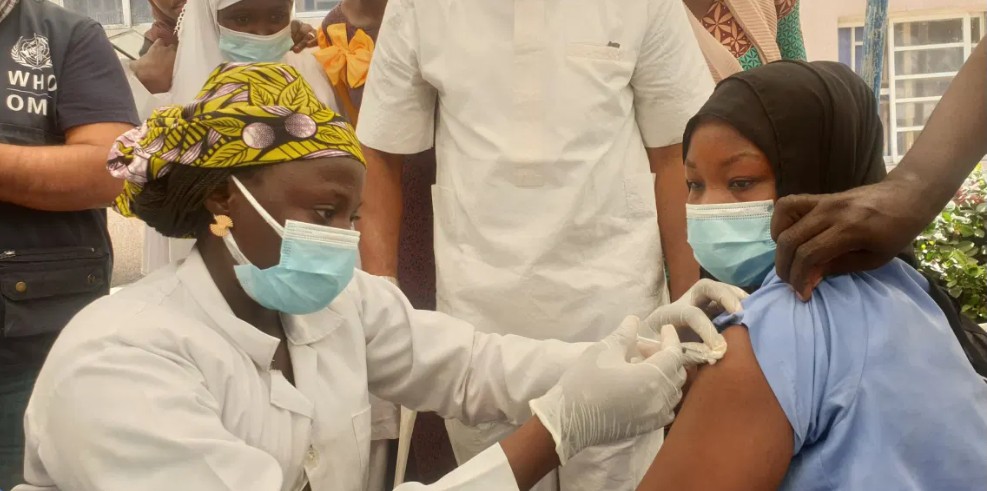 Entertainment
Entertainment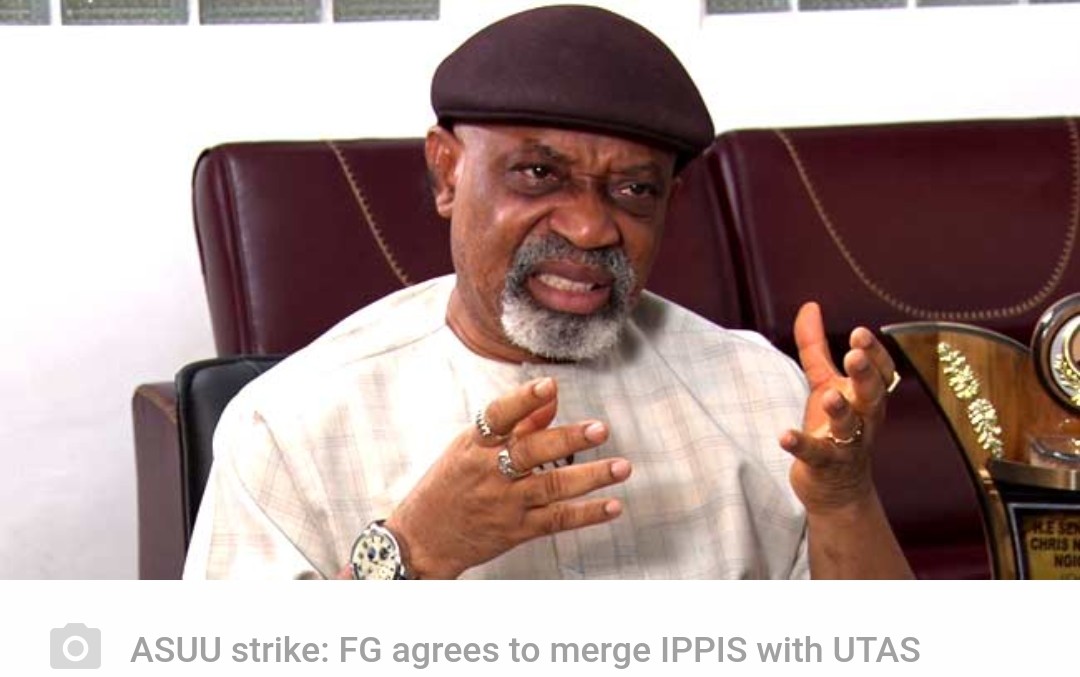 News
News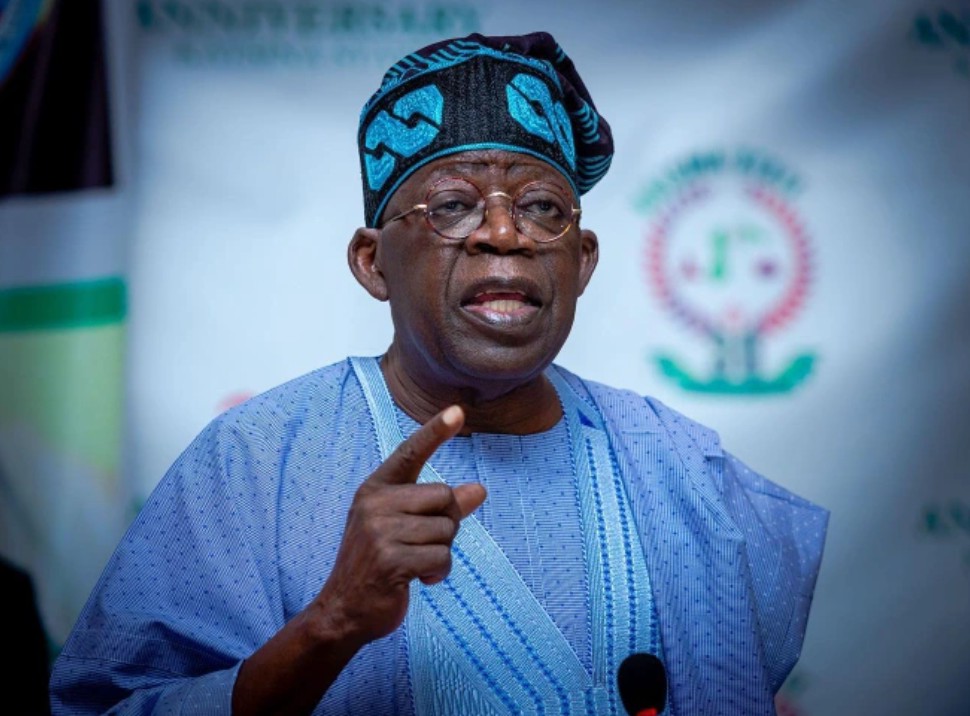 Politics
Politics Technology
Technology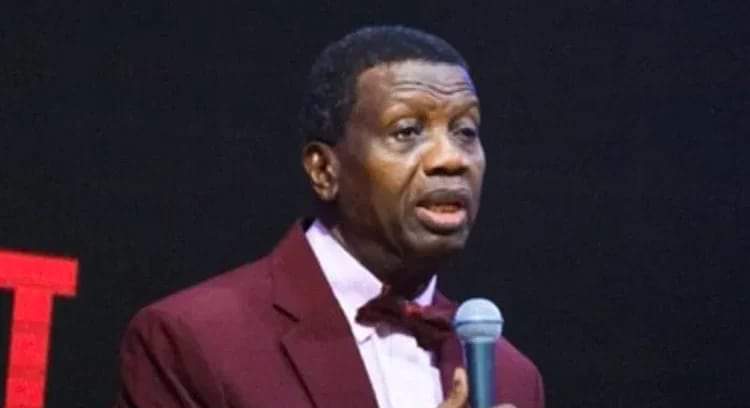 Religion
Religion 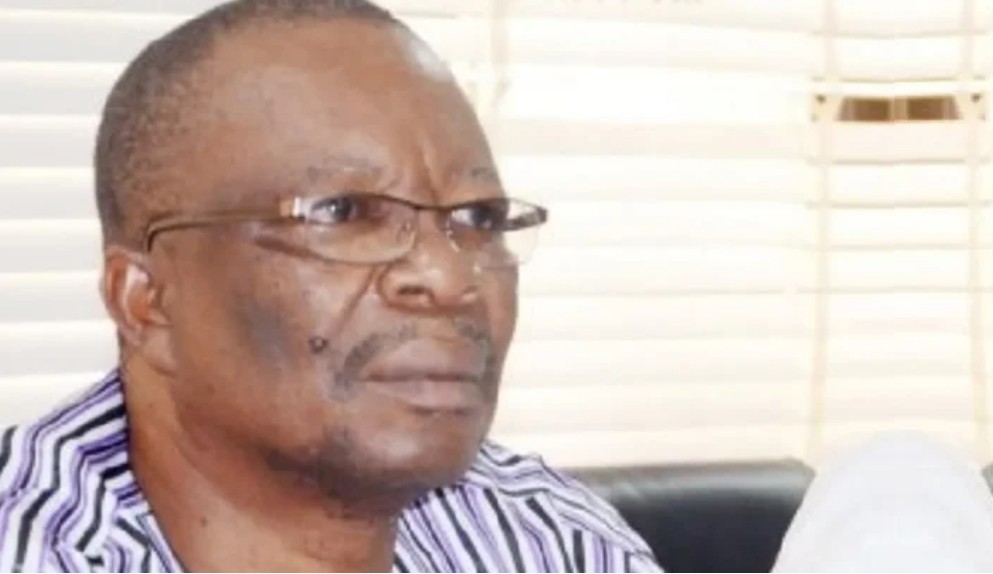 Education
Education  Business & Economy
Business & Economy Opinion
Opinion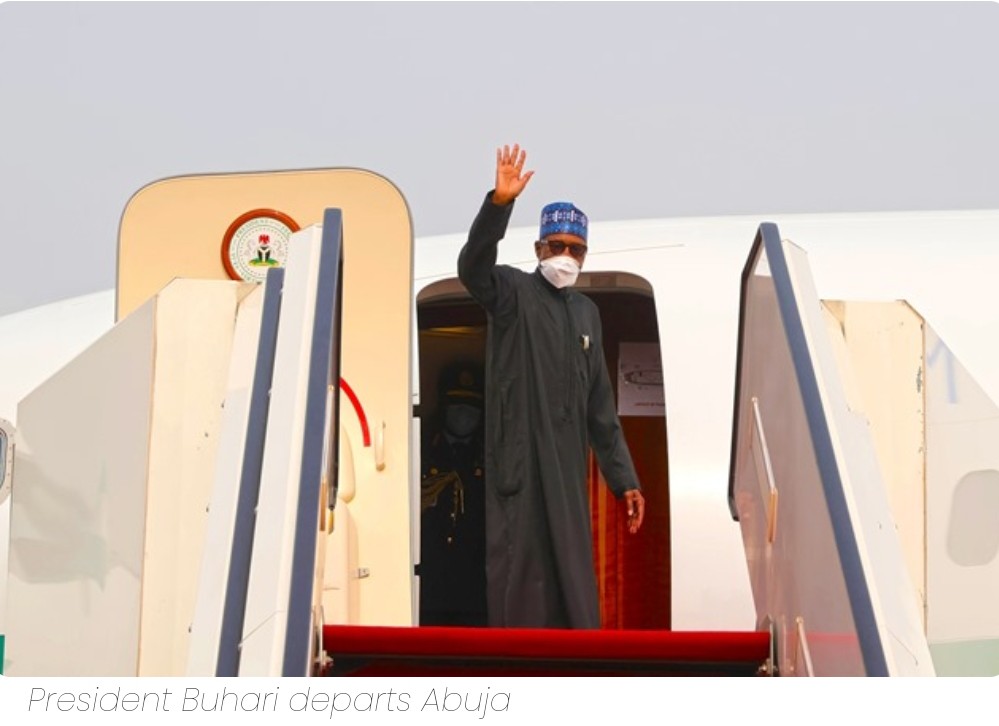 Culture & Tourism
Culture & Tourism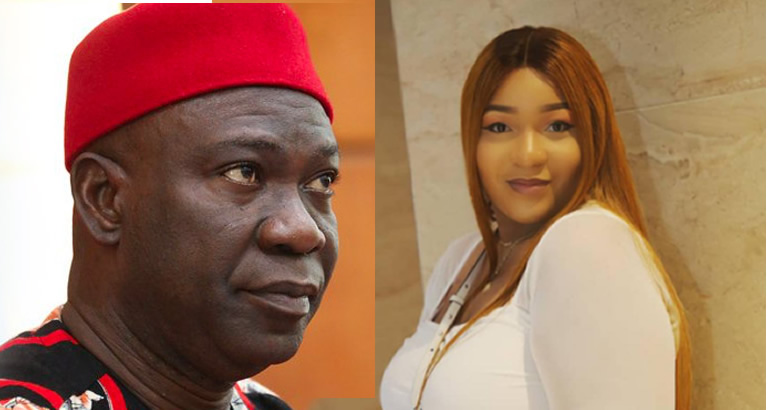 Health
Health Crime & Security
Crime & Security